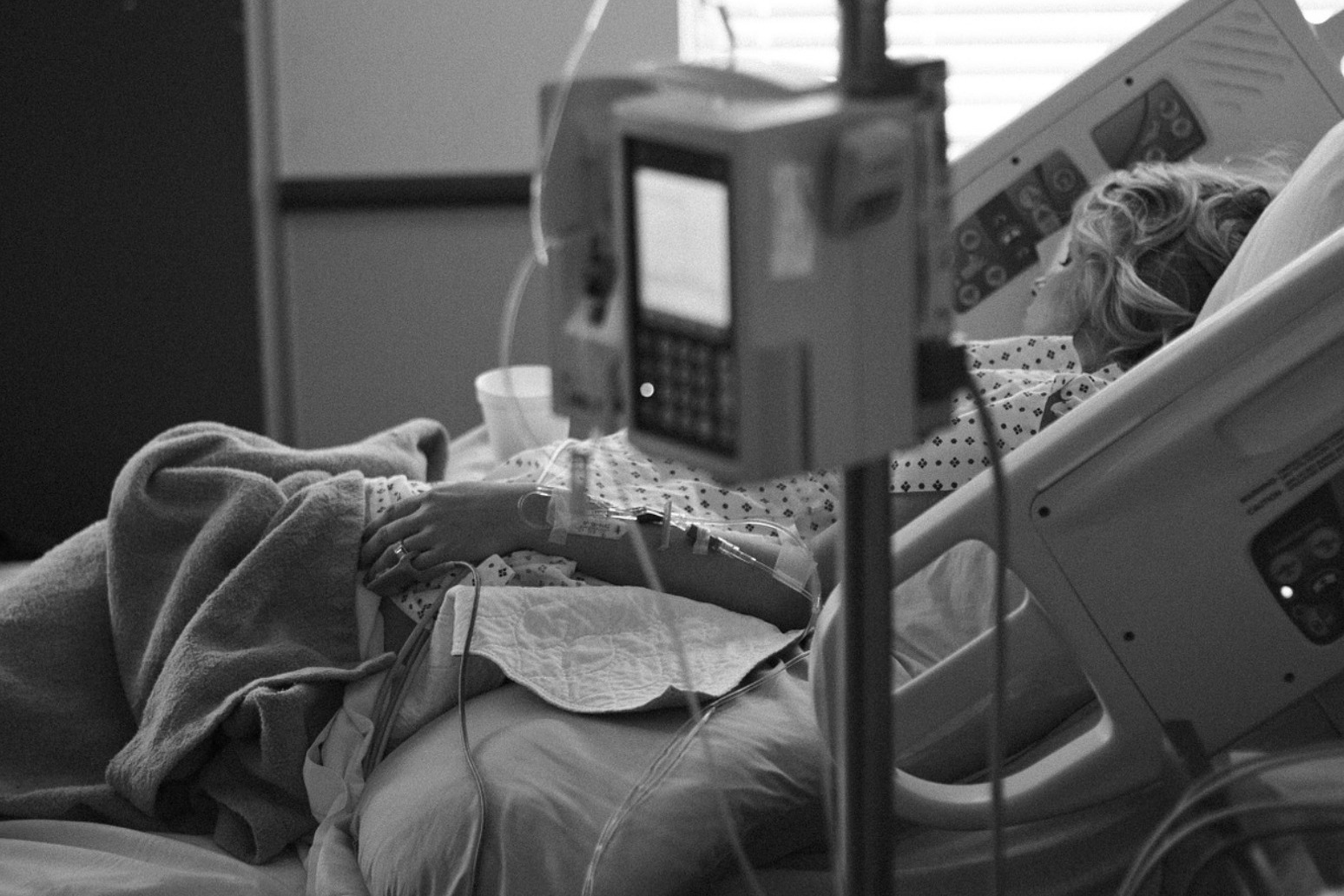
Thousands forced to wait 30 minutes in an ambulance outside A&E
Latest figures also suggest that record numbers called NHS 111 over Christmas
It's as Theresa May prepares to visit hospital staff - just a day after declaring there is no NHS crisis.
Earlier this week hospitals were given advice.
The panel noted that the NHS has been under sustained pressure over the Christmas period with high levels of respiratory illness, bed occupancy levels giving limited capacity to deal with demand surges, early indications of increasing flu prevalence and some reports suggesting a rise in the severity of illness among patients arriving at A&Es.
The panel formally recorded their thanks for the hard work of staff and noted that winter plans were having an impact including an increase in staff vaccinated against flu, improvements in helping patients return home when well enough, additional beds that have opened since the release of winter funding and the priority that hospitals were giving to the accident and emergency care.
However, they also made a series of recommendations to help hospitals handle the sustained pressure and activating the new NHS’s Winter Pressures Protocol. These include:
- Extending the deferral of all non-urgent inpatient elective care to free up capacity for our sickest patients to January 31. The panel reiterated that cancer operations and time-critical procedures should go ahead as planned.
- Over and above this, day-case procedures and routine outpatient appointments should also be deferred where this will release clinical time for non-elective care.
- The clinical time released from the above actions should be re-prioritised to:
- Implement consultant triage at the front-door so patients are seen by a senior decision maker on arrival at the Emergency Department.
- Ensure consultant availability for phone advice for GPs.
- Maximise the usage of ambulatory care and hot clinic appointments as an alternative to Emergency Department attendance and/or hospital admissions.
- Increasing support from Allied Health Professionals, for example physios and therapists, for rehabilitation and discharge.
- Staff additional inpatient beds.
- Ensure twice daily review of all patients to facilitate discharge.
- To ensure patient safety comes first CCGs should temporarily suspend sanctions for mixed sex accommodation breaches.
- Whilst overall the NHS is doing better than ever before in vaccinating health care workers there is significant variation between organisations. There should be an immediate prioritisation of vaccination of all frontline staff.
The recommendations build on action that is already being taken to increase capacity in the NHS following the announcement of additional funds in the Budget on 22 November. A significant proportion of the additional capacity is due to open in the next fortnight.
The NHS is taking these steps to ensure patients receive the best possible care over this challenging period.
The public are also being urged to play their part by using the NHS responsibly. Calling 111 is often a quicker and more convenient way of obtaining clinical assessment and advice in non-emergencies and allows staff in A&E to focus on the sickest patients. The Royal College of GPs has already set out three basic steps that all patients should consider before seeking an appointment with their GP for an acute illness including self-care, using online guidance from NHS Choices and consulting with a pharmacist.
Published: by Radio NewsHub